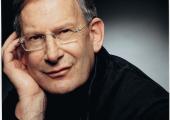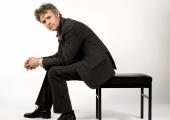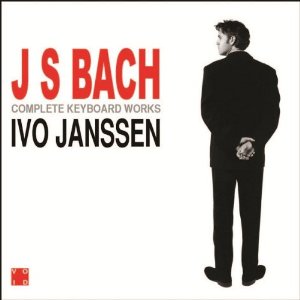Yuja Wang, Queen Elizabeth Hall
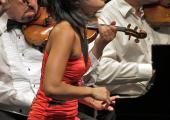
A colourfully percussive recital from the Chinese pianist
Let no one tell you that Chinese pianists can't play with passion. Yuja Wang ran the full gamut of emotions in last night's Queen Elizabeth Hall recital from the tender to the rhapsodic. But mostly she channelled her energies to delivering some of the most colourfully explosive playing I've heard for ages.

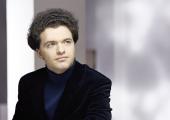
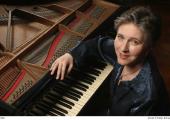
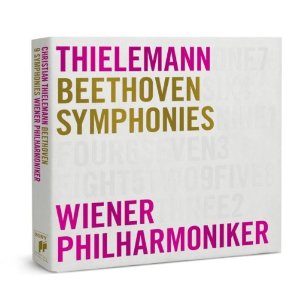 Beethoven: The Nine Symphonies Vienna Philharmonic/Christian Thielemann (Sony)
Beethoven: The Nine Symphonies Vienna Philharmonic/Christian Thielemann (Sony)

 Beethoven: Complete Works for Piano and Orchestra Howard Shelley (pianist and conductor), Orchestra of Opera North (Chandos)
Beethoven: Complete Works for Piano and Orchestra Howard Shelley (pianist and conductor), Orchestra of Opera North (Chandos)